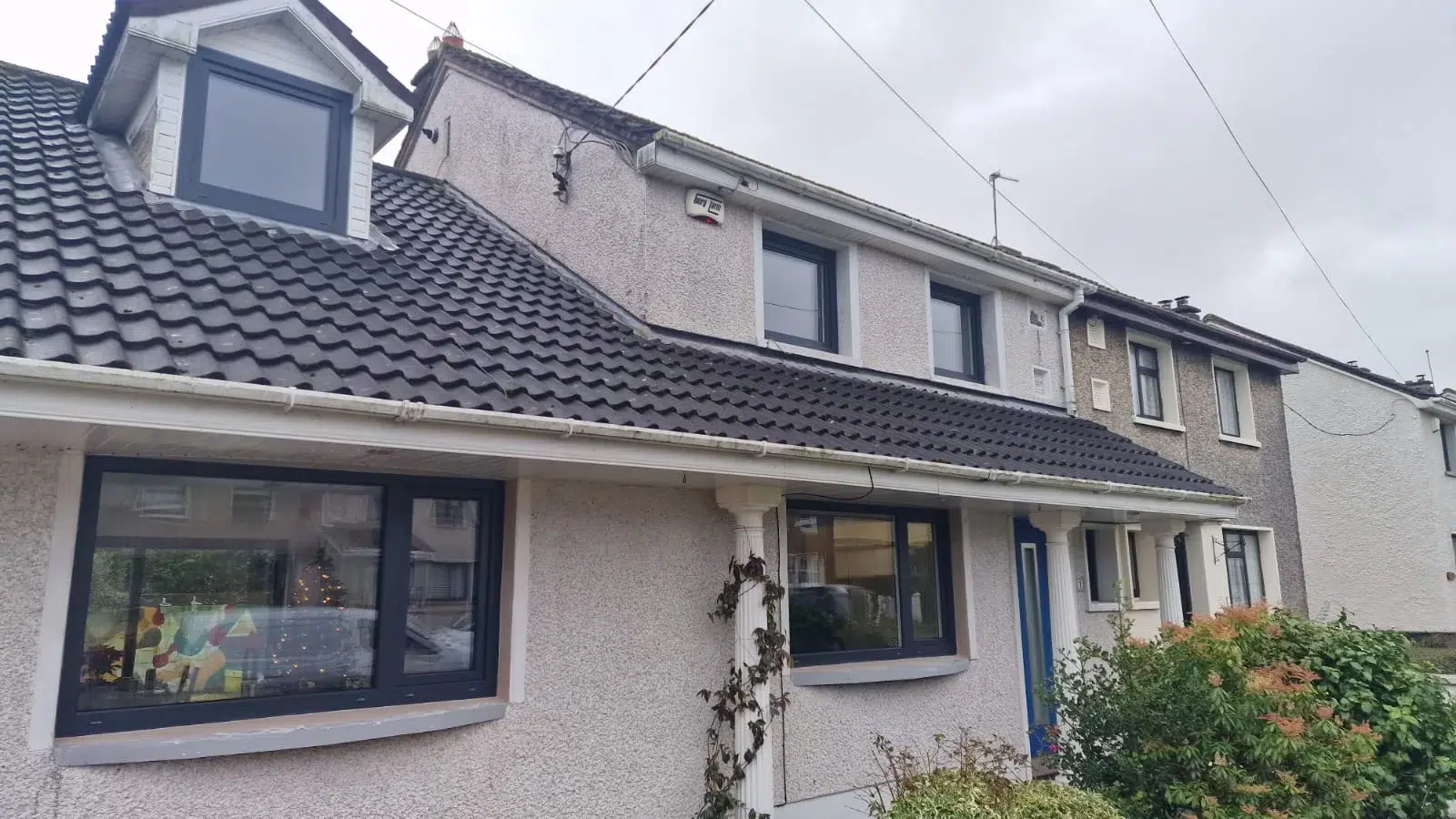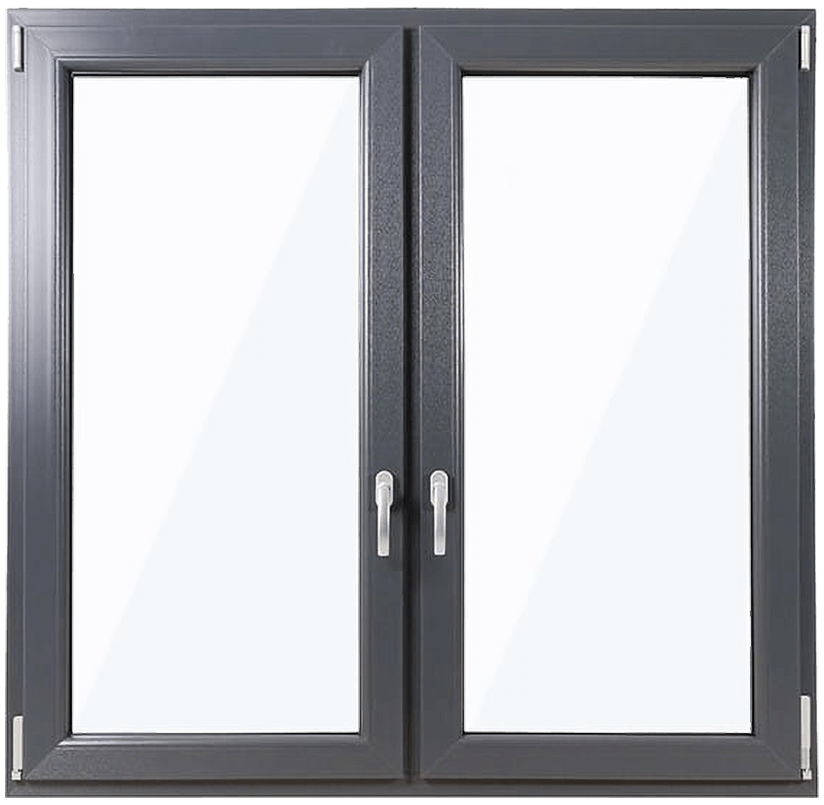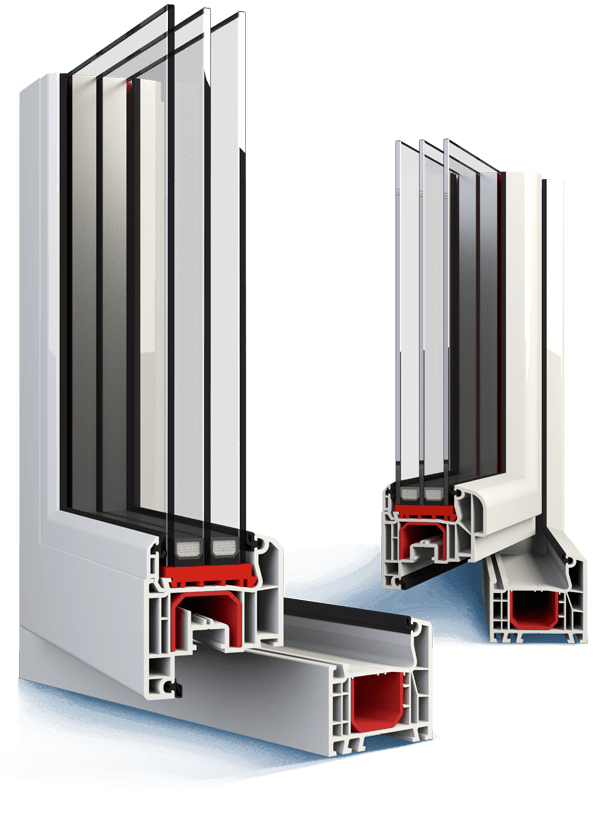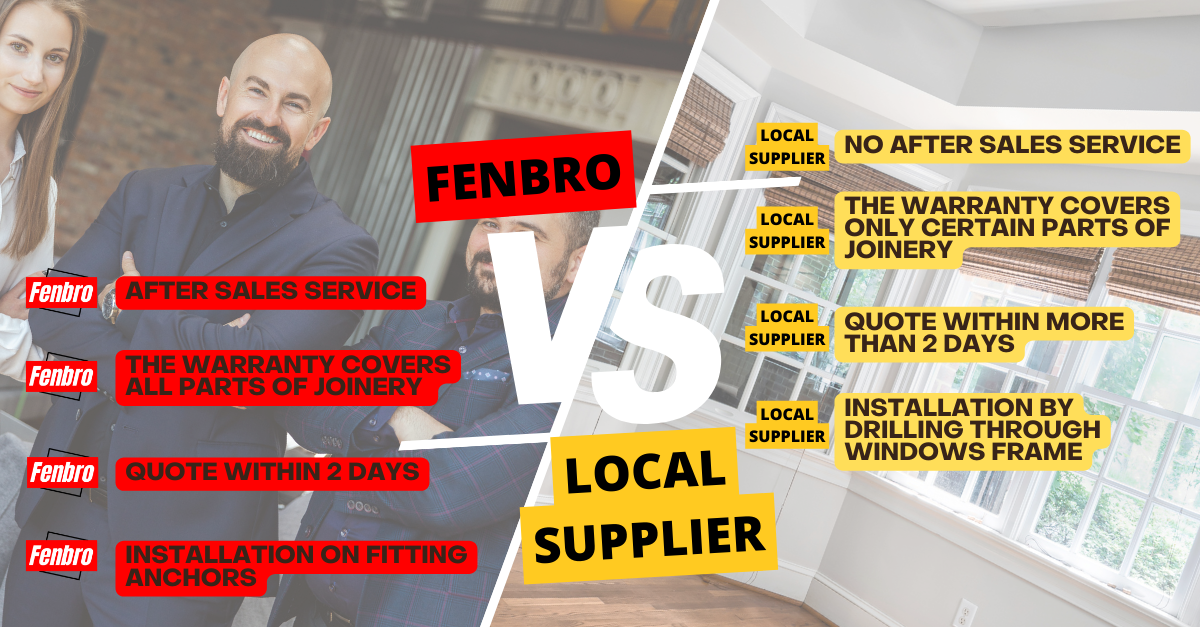Imagine living in a home where you can sleep soundly at night, knowing that your windows and doors have been designed and tested to resist break-in attempts and meet stringent security standards. That’s the assurance that pas24 and Secured By Design certifications bring to homeowners.
Understanding PAS 24 — a comprehensive guide
Developed by industry experts and the British Standards Institution (BSI), PAS 24 is a rigorous security standard for windows and doors in the United Kingdom. It ensures that high-quality products have been tested to resist break-in attempts by opportunistic burglars, providing peace of mind for property owners and occupants.
The origin and purpose of PAS 24
PAS 24 certification, developed by BSI and endorsed by the United Kingdom Accreditation Service, provides a standardised method for testing and assessing the enhancer security performance requirements of external door sets and window types in the UK. This ensures that the manufacturing process meets the necessary security standards, and products undergo regular re-evaluation to guarantee compliance with current building regulations.
The aim of PAS 24 certification is to set a security standard for windows and doors, guaranteeing residential homes are secure from unauthorised entry. This includes assessing the door furniture and its ability to withstand forced entry attempts, providing homeowners with the confidence that their property is protected against potential intruders.
The PAS 24 certification ensures windows and doors meet a security standard to protect homes from unauthorised entry. It includes specific requirements for labelling each product visibly when open, with details such as the PAS 24:2012 number, production date, manufacturer’s identification, and classification. Additionally, manufacturers must provide complete instructions in English for assembly, installation, operation, and maintenance, enhancing product reliability and homeowner security.
The evolution of PAS 24
Developed by the British Standards Institution (BSI) with inputs from key stakeholders, PAS 24 stands as a testament to industry-wide collaboration aimed at enhancing the security of doors and windows against opportunistic burglars. The standard, which has evolved since its inception in 2007, underscores the importance of adhering to the latest PAS 24:2022 version, reflecting the commitment to ongoing improvement in security measures.
uPVC Window IDEAL 4000 with PAS24
Why PAS 24 matters?
PAS 24 certification is not just a label; it’s a declaration of a product’s robustness and its ability to protect against break-ins. This certification is crucial for new residential properties, ensuring compliance with the UK’s Building Regulations, specifically Approved Document Q. This alignment with regulatory requirements highlights the certification’s role in maintaining high security and quality standards.
PAS 24 — what glass is used?
PAS 24 standards for windows specify the use of two sheets of toughened glass in sealed units. Toughened glass, while strong, can be broken more easily with a sharp implement compared to laminated glass. In areas with average or higher levels of burglary, it’s recommended to specify the use of 6.4 mm laminated glass for the inner pane of the sealed unit. Laminated glass offers more resistance to breakage, providing extra time for detection and response to potential intrusions. Additionally, any door containing glass, whether it’s an entrance, bi-fold, or French door, must include at least one pane of laminated glass that meets the requirements of BS EN 356:2000, Class P1A or higher. This standard also applies to door side panels and any windows adjacent to door sets.
Labelling and documentation requirements under PAS 24
Ensuring transparency and compliance
The PAS 24 document mandates clear labelling on each door and window, including the PAS number, production date, manufacturer’s identification, and classification. This ensures that products are traceable and meet the specified security standards. Additionally, manufacturers are required to provide comprehensive instructions in English, covering assembly, installation, operation, and maintenance, thereby ensuring that the products’ security features are fully utilised.
The importance of PAS 24 certification
Obtaining PAS 24 certification demonstrates a manufacturers’ commitment to delivering secure, reliable products that meet stringent security requirements. Some features of PAS 24-certified doors include:
- Reinforced construction for enhanced strength
- Multi-point locking for added security
- Security grade components that have been tested and proven to resist various forms of forced entry
For homeowners, investing in PAS 24-certified products guarantees increased security measures and adherence to building regulations, offering assurance and safeguarding for their dwellings.
How PAS 24 certification benefits consumers
For consumers, investing in PAS 24-certified windows and doors brings numerous benefits. These products bring an increased level of security performance, having undergone testing to meet the required standard. They are designed to be robust against intrusion attempts, thereby providing enhanced protection for homes. In addition to offering advanced security features, PAS 24-certified products also comply with building regulations.
Verification of PAS 24 compliance
For consumers, verifying a product’s compliance with PAS 24 is critical. The certification process involves rigorous testing by UKAS-accredited bodies, assessing the product as a whole rather than its individual components. This holistic approach to testing guarantees that the final product delivered to the consumer offers a high level of security, capable of withstanding various break-in methods. It’s essential for consumers to request and review certification documents to confirm compliance, ensuring peace of mind in the security of their doors and windows.
Compliance with Building Regulations
Compliance with building regulations is essential for making new residential properties meet the necessary security standards. Some key features of PAS 24-certified products include:
- Enhanced security performance requirements for door sets and windows
- Resistance to attacks from prowlers
- Assurance that the property is properly protected
By choosing PAS 24-certified products, consumers can be confident that their windows and doors have been tested and assessed to meet stringent security requirements.
Comparing PAS 24 and Secured By Design
Despite their differences, there is a strong relationship between PAS 24 and Secured By Design, as most Secured By Design products must meet PAS 24 standards. This demonstrates that both security benchmarks are working together to ensure that windows and doors provide the highest level of protection for homeowners and their properties.
Distinct accreditation standards
While both PAS 24 and Secured By Design aim to improve home security, they have distinct testing processes and requirements. PAS 24 focuses specifically on the security testing of window and door products, ensuring that they can withstand attacks from opportunistic burglars. On the other hand, Secured By Design is an initiative that administers accreditation for products on behalf of the Police. Products typically need to fulfil the baseline requirement of PAS 24 accreditation, as well as meet additional Secured By Design criteria.
Understanding the differences between these two accreditation standards enables homeowners to make choices based on knowledge when selecting windows and doors for their properties. While both certifications provide an assurance of security, it’s important to consider the specific criteria and testing processes associated with each standard, to ensure the best possible protection for one’s home.
uPVC Window IDEAL 4000 with PAS24
British PAS and European RC standards — comparison
RC2 and RC3
are European standards for the resistance of windows and doors against burglary, while PAS 24 is a UK-specific standard. These standards, although serving a similar purpose in enhancing security, are not identical but rather parallel in their objectives.
RC2 and RC3 (EU Standards): these are part of the European standard EN 1627:2011, which provides a classification for the resistance of windows and doors against burglary. RC2 offers a moderate level of security, withstanding attacks with simple tools like screwdrivers, whereas RC3 provides a higher level of security, resisting attacks with additional tools like a crowbar.
PAS 24 (UK Standard): this is a British standard for the enhanced security performance of windows and doors. PAS 24 includes requirements for testing the strength and durability of these products to withstand physical attacks, similar to the European standards, but it is tailored to UK-specific regulations and practices.
While both sets of standards aim to ensure a higher level of security for windows and doors, they have different testing methods and certification processes specific to their respective regions. The criteria and thresholds for passing these tests can vary, making a direct comparison between the two standards not straightforward.
Selecting a reputable window and door supplier
When selecting a window and door supplier, it’s crucial for homeowners to verify the supplier’s certification claims and assess the quality of their products for compliance with PAS 24 standards. This thorough approach provides confidence in investing in secure, high-quality products that protect homes from unauthorised access and potential intruders. Furthermore, it ensures compliance with building regulations. By taking the time to research and validate the claims made by suppliers, consumers can make knowledgeable choices, safeguarding their property against potential security risks.
Customising PAS 24-certified products for your home
Customising PAS 24-certified products allows homeowners to combine security with personalised design, offering a wide range of options and finishes to suit their tastes and preferences. This enables homeowners to create a secure and aesthetically pleasing home environment that meets the necessary security standards and reflects their personal style.
Incorporating advanced security features
Advanced security features, such as laminated glass and secondary glazing, can be incorporated into PAS 24-certified products for added protection. Laminated glass provides increased resistance against forced entry and helps to deter break-ins, making it an ideal choice for enhancing the security of windows and doors.
Secondary glazing offers the following benefits for commercial buildings:
- Increased security
- Enhanced thermal insulation
- Reduced noise
- Elimination of condensation
- Conservation of historic buildings
Incorporating these advanced security features into their windows and doors enables homeowners to boost the protection of their property and enjoy increased peace of mind, while also providing additional performance characteristics.
Double-glazed windows or secondary glazing?
are often preferred over secondary glazing due to their superior thermal insulation, which helps in maintaining consistent indoor temperatures and reducing energy costs. They also offer better noise reduction, enhancing indoor tranquillity, and are more effective at reducing condensation, thereby minimising damp-related issues. Additionally, double-glazed windows enhance security with their robust design and improve both the aesthetics and property value. Their integrated, single-unit construction makes them easier to maintain and more durable compared to secondary glazing.
The compliance of EU joinery with PAS24
The compliance of EU joinery with PAS24 is an interesting discussion, especially in the post-Brexit era. For EU manufacturers, meeting the PAS24 standards involves aligning with specific security criteria and undergoing rigorous testing processes. The products, as manufactured, are tested for their ability to resist forced entry, and the criteria have been updated to reflect current criminal practices and tools.
Given the stringent nature of PAS24, EU joinery manufacturers aiming for the UK market must ensure their products can endure the specified types of attacks. This often requires a specialised approach in design and manufacturing, incorporating robust security features that comply with PAS24. Manufacturers who successfully meet these standards can demonstrate their commitment to security and quality, aligning with the UK’s Building Regulations and the police’s “Secured by Design” scheme.
However, the answer to the question, whether all EU joinery complies with PAS24 or not can vary. It largely depends on the manufacturer’s adherence to these standards and their commitment to meeting the UK-specific requirements. Fenbro is an EU manufacturer that already aligns with PAS24, while others may need to modify their products to comply.
EU joinery on the UK market
The compliance of EU joinery with PAS 24 is particularly pertinent in the post-Brexit era. For EU manufacturers targeting the UK market, aligning with PAS 24 standards necessitates a dedicated approach to product design and manufacturing. This includes integrating specific security features to meet the rigorous requirements set forth by PAS 24. Consumers and installers should be diligent in verifying that EU joinery products comply with these standards, ensuring that they contribute to the overall security and compliance of residential properties in the UK.
Conclusion — the significance of PAS 24 certification
Choosing PAS 24-certified doors and windows is an essential consideration for homeowners, installers, and manufacturers alike. It ensures compliance with UK Building Regulations and offers assurance of the product’s ability to provide a secure living environment. As the industry continues to evolve, staying informed about PAS 24 standards and ensuring compliance will remain a cornerstone of building and maintaining secure, high-quality homes.
Understanding and adhering to the detailed requirements of PAS 24, including labelling, documentation, and rigorous testing processes, is vital. Stakeholders across the board can ensure that the doors and windows installed in UK homes offer the best possible defence against potential security breaches.




